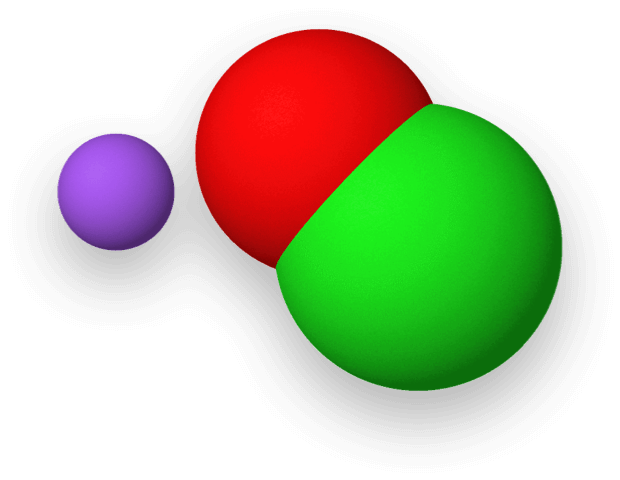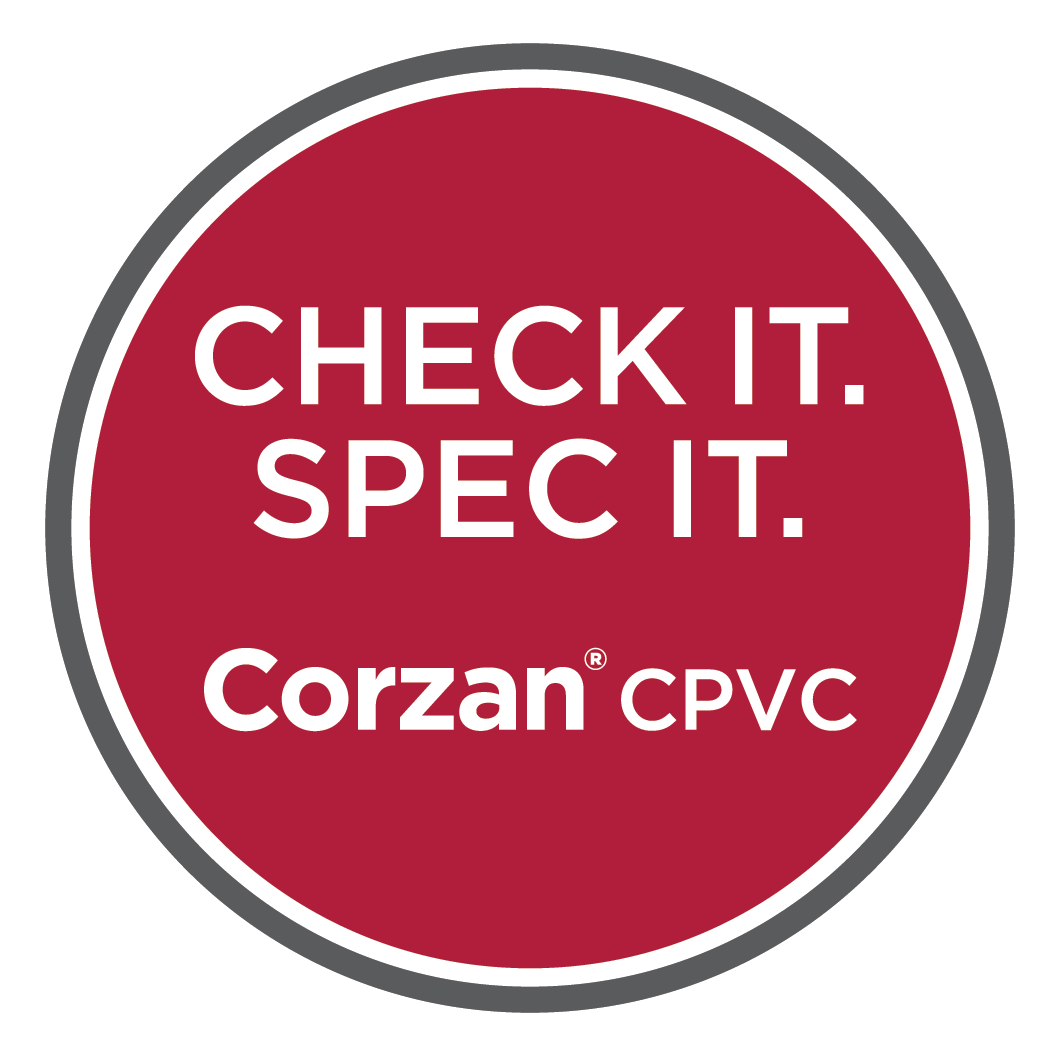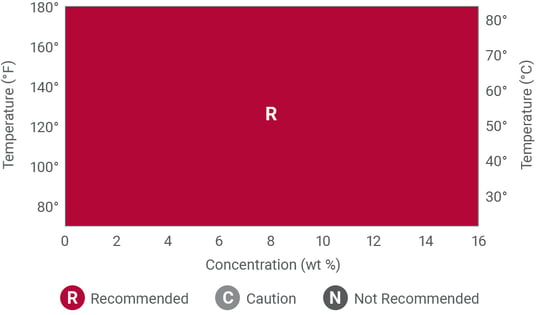Why CPVC Works Well With Sodium Hypochlorite
High-quality CPVC like Corzan® CPVC has a high level of chlorine in the polymer chain. This protects the CPVC from the degrading effects of highly corrosive chemicals commonly used by industrial plants for everything from bleaching to sterilization. Within safe operating temperatures, Corzan CPVC has excellent resistance to sodium hypochlorite due to its superior engineering and formulation.
Some grades of solvent cement are not resistant to industrial strengths sodium hypochlorite. When selecting CPVC solvent cement for areas that will be utilizing sodium hypochlorite care is needed to select the correct grade that is specifically recommended for industrial chemicals including sodium hypochlorite.



